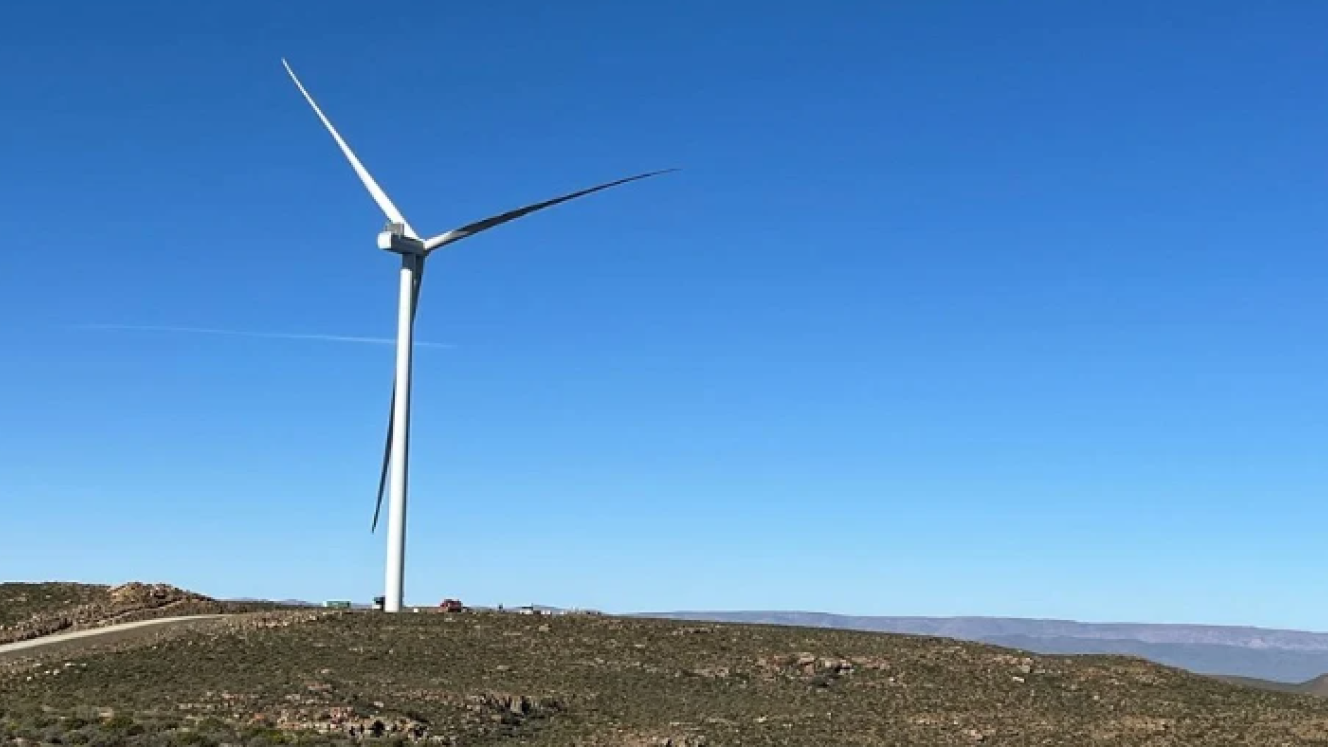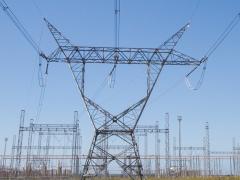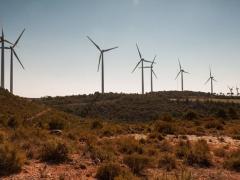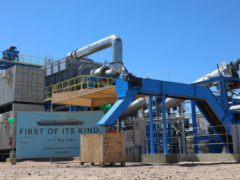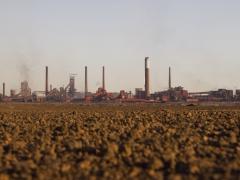Rising electricity tariffs are driving South Africa’s manufacturing sector into crisis with industry warning of widespread job losses and plant closures.
ArcelorMittal South Africa recently announced plans to wind down its steel production, citing high energy costs as a key factor. Other challenges include weak economic growth, an influx of cheap steel imports from China and high logistics costs, the company said. The move could impact 35% of its workforce with approximately 3 500 direct and indirect jobs at risk.
“Despite extensive efforts, including engagement with government Eskom and Transnet as well as initiatives to adjust scrap pricing and enhance trade protections, the structural issues facing the long steel business have proven unsurmountable,” the company said.
The National Union of Metalworkers of South Africa (NUMSA) said it would fight the proposed retrenchments. “Government – led by the Department of Trade, Industry and Competition – and the entire economic cluster must be involved as it is related to Eskom and Transnet,” said Irvin Jim, NUMSA General Secretary.
NUMSA noted other companies affected by escalating energy costs including Glencore, Mercedes-Benz South Africa, Ford Struandale and various foundries. “Foundry owners have indicated that Eskom’s unsustainable tariffs will have a serious impact on their operations, which may lead to plant closures.”
NUMSA is demanding that government provides a public account of negotiations with ArcelorMittal on these issues. “Allowing these plants to close could be catastrophic and it would spell disaster for manufacturing and industrialisation of our country.”
More closures will follow
NUMSA raised its concerns at National Energy Regulator of South Africa public hearings in December, warning that high electricity costs are crippling the manufacturing sector. Jim said “unaffordable and uncompetitive” electricity tariffs will accelerate retrenchments.
The union predicts an increase in closures if Eskom’s application for a 66% tariff hike over the next three years is approved. “We have seen companies retrenching workers because they cannot afford energy costs. Reliable and affordable electricity is crucial to stimulate economic growth and promote industrialisation,” NUMSA told Energize.
NERSA has indicated it will issue its final decision on Eskom’s sixth multi-year price determination by the end of January.

